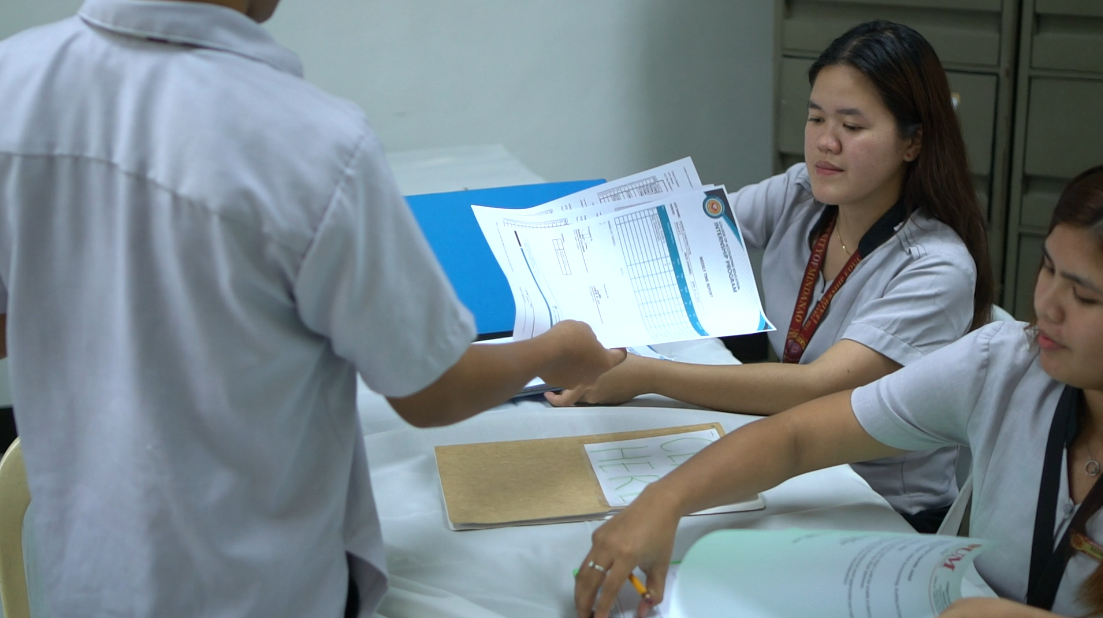
Bachelor of Science in
Accountancy
About the Program
The Bachelor of Science in Accountancy (BSA) program includes subjects in accounting (financial, public, and managerial), audit, administration, business laws, and taxation. It extends beyond business topics to encompass various fields such as banking and finance, government, social services, and education. The program also emphasizes integrating information technology concepts into business systems, promoting a systematic approach to organizing business-related data. Students learn computerized accounting systems, gain a basic understanding of computer programming and auditing systems, and develop computational and communication skills in both written and oral English.
Program Educational Objectives
Three to five years after graduation, the graduates are expected to:
- Engage in the field of accounting or entrepreneurial undertaking that provides employment in the community.
- Build and sustain a successful career in accounting through participation or involvement in continuing professional development programs (CDPP) of the profession or pursue advance studies in other related area of specialization.
- Show leadership and ethical responsibility in the practice of profession or in the community.
Student Outcomes
By the time of graduation, the students of the program shall have the ability to:
- Act ethically by upholding moral standards and embracing corporate responsibility in the field of accountancy.
- Collaborate in diverse teams and manage conflicts to achieve common goals.
- Apply knowledge and skills in assessments and certifications by staying updated on accountancy developments.
- Apply management functions and core business concepts in marketing, finance, HR, operations, IT, and strategy.
- Use ICT skills to communicate, collaborate, and lead teams in business activities in English and Filipino.
- Use expertise in financial accounting and reporting, cost and management accounting, financial management, business laws and regulations, and taxation to address global business issues, leveraging technology for data capture and decision-making.
- Conduct independent research and analyze literature to create new knowledge in accountancy.